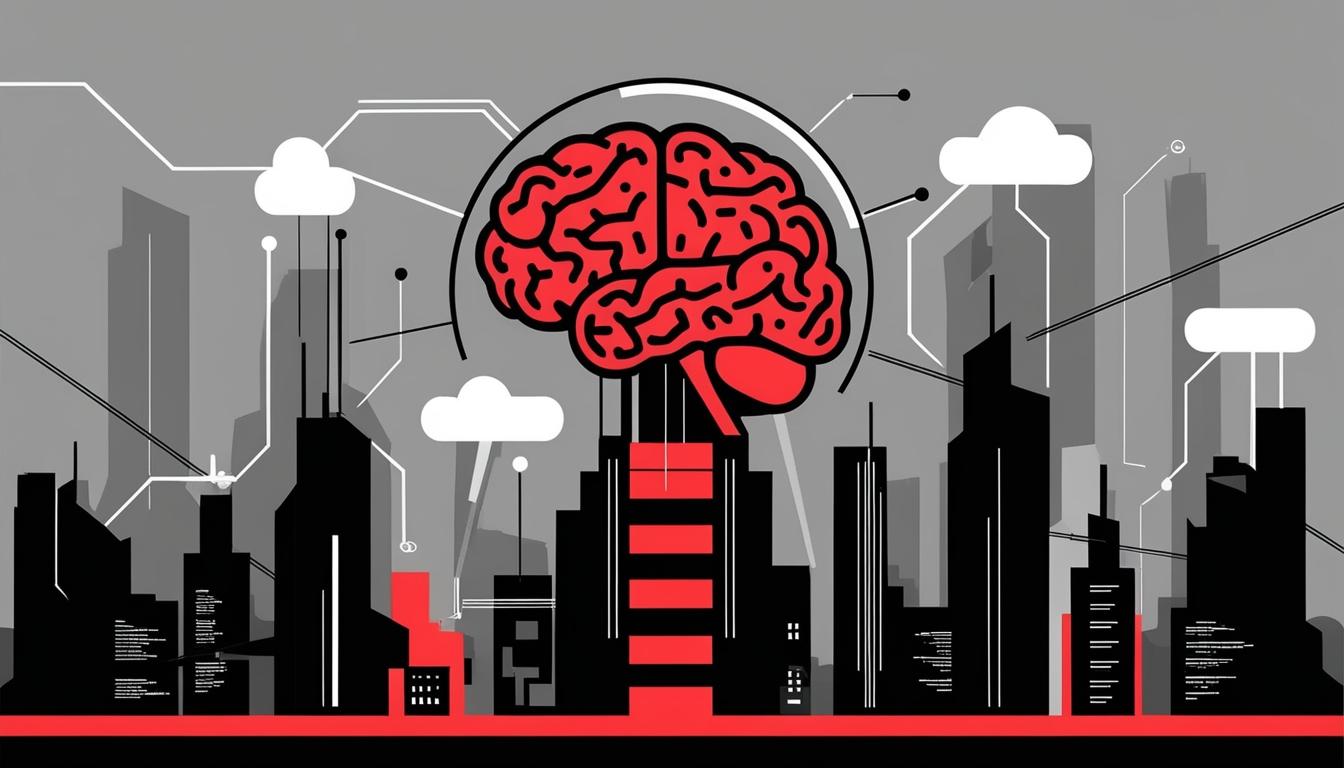Generative AI has significantly influenced the marketing landscape, introducing both excitement and trepidation among businesses regarding its adoption. Over the past few years, the technology has been touted for its potential to revolutionise digital marketing strategies, although reactions to its integration have varied widely.
Amazon is urging marketers to regard AI as a foundational aspect of their digital marketing frameworks, highlighting the capability of large language models (LLMs) to create dynamic, personalised content that can foster stronger connections with customers. Despite this push from industry giants such as Amazon and Google, many marketers remain hesitant to cede control over their brand narratives and creative messaging to AI systems, as observed by Modern Retail.
The adoption of AI in marketing is nuanced, with significant disparities evident between Chief Marketing Officers (CMOs) and entry-level marketers. A report from Lightricks has revealed that while 55% of marketing executives express confidence in AI's ability to enhance marketing efforts, only 33% of entry-level marketers share the same optimism. This divide raises concerns, particularly in light of recent mass layoffs in the tech sector and the ensuing anxiety among employees about job security in an increasingly automated landscape.
The report also highlights a stark contrast in attitudes towards AI's role in the workplace. Approximately 27% of marketing executives envision a future where minimal human oversight is required, whereas a mere 5% of entry-level employees support this notion. This contrasting perspective can lead to feelings of uncertainty and reluctance among junior marketers, especially if they perceive themselves as being sidelined in AI training and utilisation initiatives.
According to the report, CMOs may be eager to experiment with AI technologies, yet a lack of communication and a cohesive strategy for implementation can exacerbate existing tensions within marketing teams. If entry-level employees are not included in the discussion around AI, or if they lack the opportunity to engage with the technology firsthand, they may feel pushed to the periphery of this transformational shift.
Addressing these disparities is critical for CMOs, whose primary challenge lies in educating their teams about the advantages AI can offer in enhancing their roles and contributing to broader marketing objectives. Examples of successful AI adoption are increasingly available; for instance, McKinsey has reported that Michaels Stores leveraged generative AI to personalise an impressive 95% of its email marketing campaigns, resulting in a 25% increase in clickthrough rates. Furthermore, companies like Mattel and Stitch Fix have utilised AI not only to streamline their operations but also to improve customer interactions and feedback analysis.
To foster more cohesive AI integration in marketing, CMOs are encouraged to implement targeted training programmes that focus on relevant AI tools. Senior team members with experience in using such technologies are in a prime position to share their knowledge, ultimately enhancing the collective capabilities of the organisation. Engaging entry-level employees in discussions about the company’s strategic vision for AI integration may also help establish trust and transparency, which are crucial in alleviating fears related to automation and job displacement.
Moreover, the journey toward more effective AI adoption is neither linear nor universal; marketing strategies must be tailored to the unique requirements of each brand and its audience. As CMOs navigate this evolving landscape, prioritising collaboration with their teams will be essential in ensuring that AI is employed ethically and effectively, thus positioning the organisation for a competitive edge in an increasingly digital world.
In summary, while generative AI presents various opportunities and challenges for marketers, understanding and bridging the gaps between different levels of experience and confidence within teams is vital. By fostering an inclusive environment that embraces change, companies will be better equipped to harness the full potential of AI technology in their marketing endeavours.
Source: Noah Wire Services
